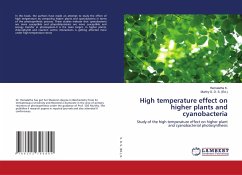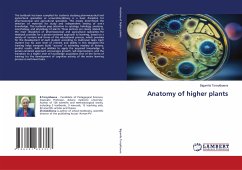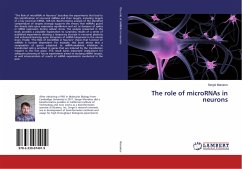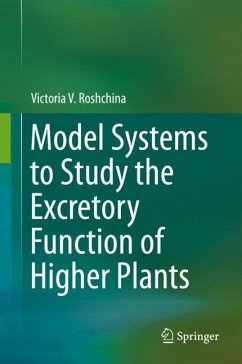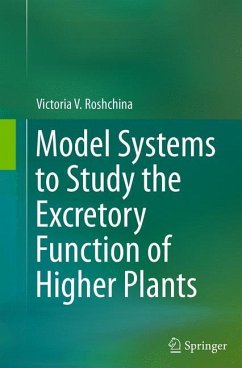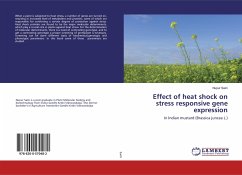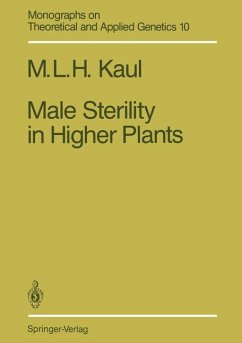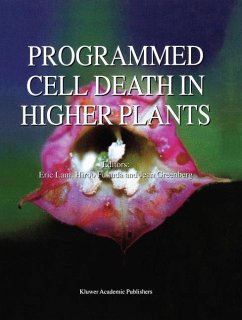
The Effect of Stress Factors on Gene Expression in Higher Plants
Transcriptional Regulation in Plants
Versandkostenfrei!
Versandfertig in 6-10 Tagen
32,99 €
inkl. MwSt.

PAYBACK Punkte
16 °P sammeln!
The current work aimed at achieving a better understanding about the effect of stress factors on plant gene expression. In the first part a search for genes up-regulated in response to drought/osmotic stress was carried out by using a drought-tolerant wheat (Triticum aestivum L.) cultivar. Through a subtraction molecular approach differentially expressed genes were selected that could be further used in strategies for improving drought tolerance in crops. The second part of the work was focused on the regulation of alfalfa (Medicago sativa L.) B-type cyclin-dependent kinase (Medsa;CDKB2;1). A ...
The current work aimed at achieving a better understanding about the effect of stress factors on plant gene expression. In the first part a search for genes up-regulated in response to drought/osmotic stress was carried out by using a drought-tolerant wheat (Triticum aestivum L.) cultivar. Through a subtraction molecular approach differentially expressed genes were selected that could be further used in strategies for improving drought tolerance in crops. The second part of the work was focused on the regulation of alfalfa (Medicago sativa L.) B-type cyclin-dependent kinase (Medsa;CDKB2;1). A fragment from the kinase upstream gene region was cloned and shown to be sufficient to assure a cell cycle-dependent and G2/M-phase-specific gene expression, similarly to the endogenous CDKB2;1 kinase. Wounding and ethylene activated CDKB2;1 expression in a non cell cycle-dependent manner, which revealed the complex integration of a cell cycle phase-specific gene into the wound stress response. The study contributes to elucidation of the mechanism of environmental impact on plant development through transcription.



